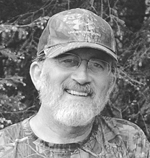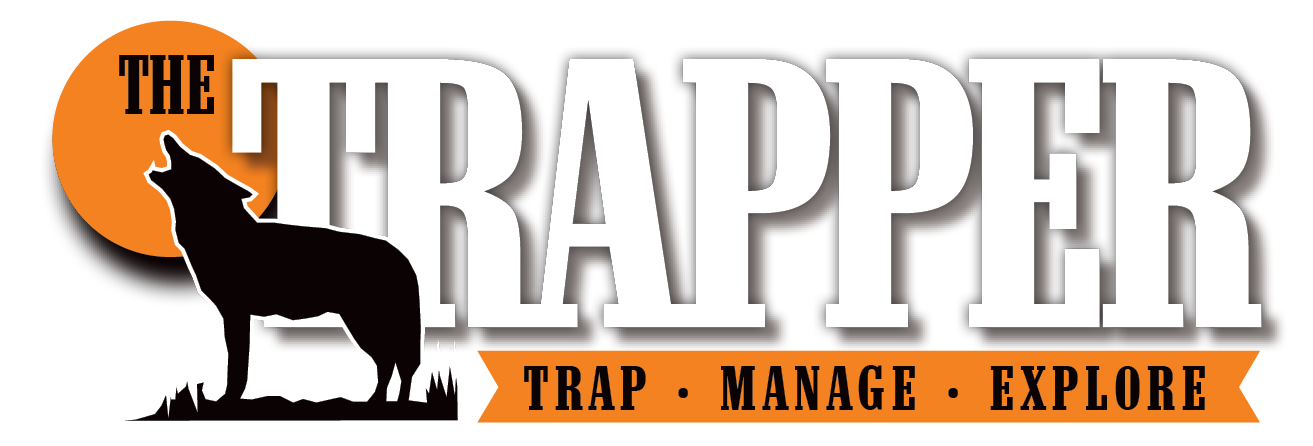Just before trapping season opened last fall, I took a morning off from my honey-do’s and went squirrel hunting. It was cool and still and clear, near-perfect except for the dry leaves underfoot, and it was thoroughly enjoyable. Despite the dry leaves, the general scarcity of bushytails last fall and my stumble-footed stalking techniques, I managed to bring home a few squirrels for the skillet.
During the hunt, I also saw three deer, a ’coon and a fine turkey gobbler. I pursue each of those as eagerly as I hunt squirrels, and I could have killed any of them, but I felt no desire to shoot.
 The difference was, of course, that squirrel season was open and deer and turkey and ’coon seasons were not. I enjoyed seeing those other critters as an added bonus to my squirrel hunt, but I was content to wait.
The difference was, of course, that squirrel season was open and deer and turkey and ’coon seasons were not. I enjoyed seeing those other critters as an added bonus to my squirrel hunt, but I was content to wait.
I suppose the anti-trappers and anti-hunters who monitor these pages could construe that last sentence as ammunition for their cause, because that admission fits right into one of their primary arguments against hunting and trapping: that you can enjoy wildlife without killing it.
And those folks are absolutely right. You can.
Another argument the anti’s use is that using a camera to capture high-quality images of wild animals is more challenging than shooting them with a gun or bow, or catching them in a trap.
They’re right about that, too. Anybody can poke a cell phone out the window of a car and snap a picture of some miniature deer across a pasture, but it takes some real doing to capture an image that will make the cover of Outdoor Life. No doubt about it, taking a good picture of a deer or turkey is harder than shooting it with a gun.
But these arguments overlook an essential point, and it’s something the anti’s will never understand because they’ll never let themselves experience it. The point is this: As demanding and challenging as wildlife photography is, a wildlife photographer is no more a hunter than somebody sitting in a football stadium is a quarterback.
Therefore, wildlife photography doesn’t fulfill those of us who would rather play than watch. Hunters are honest enough to accept the human race for what it is — the species at the top of the food chain.
Man is a hunter, by genetic disposition and physical make-up. That’s why our eyes are in front, like a predator’s instead of on the sides of our head like a rabbit’s. And even though it’s become necessary for us to modify our hunting instinct in our modern society, we are still very much hunters.
Many of us nowadays might do our “hunting” on Wall Street or Main Street, but we still hunt. And we do so because we are genetically programmed that way.
Wildlife photography is a great example of displacement, or substitute, hunting. I’m a wildlife photographer as well as an outdoor writer, and as already mentioned, I know how hard it is to capture just the right image.
But degree of difficulty aside, photography is simply not hunting in the real sense. Nor will it ever be.
“There is no real substitute for hunting — even though many of us could have a full life without ever killing another animal, and find plenty to do outdoors without shooting and killing. But without hunting, the salt would go out of autumn and life would take on a passive tameness.”
That’s a quote from my old friend John Madson, who was himself an avid hunter and one of the deepest-thinking conservation writers who ever walked the face of this planet. John has been gone for 15 years now, but his words ring as true today as when he wrote that paragraph five decades ago.
I, for one, am not willing to accept that “passive tameness” John talked about. I’m more into “active wildness,” even though every year the places we’re able to be actively wild grow smaller and more crowded.
I like my venison and squirrel with a little salt, and I like my autumns that way, too. So I’ll continue to get out there with gun and
trap as often as possible, until the inevitable time comes when I can’t hack it anymore.
So, I know, will most of you who are reading these words. We’re trappers, we’re hunters, we’re players in the game instead of onlookers on the sidelines.
Those who think we should stop are denying their own heritage — and their own genetics as well.
Jim Spencer, of Calico Rock, Ark., is executive editor of T&PC. To contact Jim, send e-mails to modernmountainman@gmail.com.
